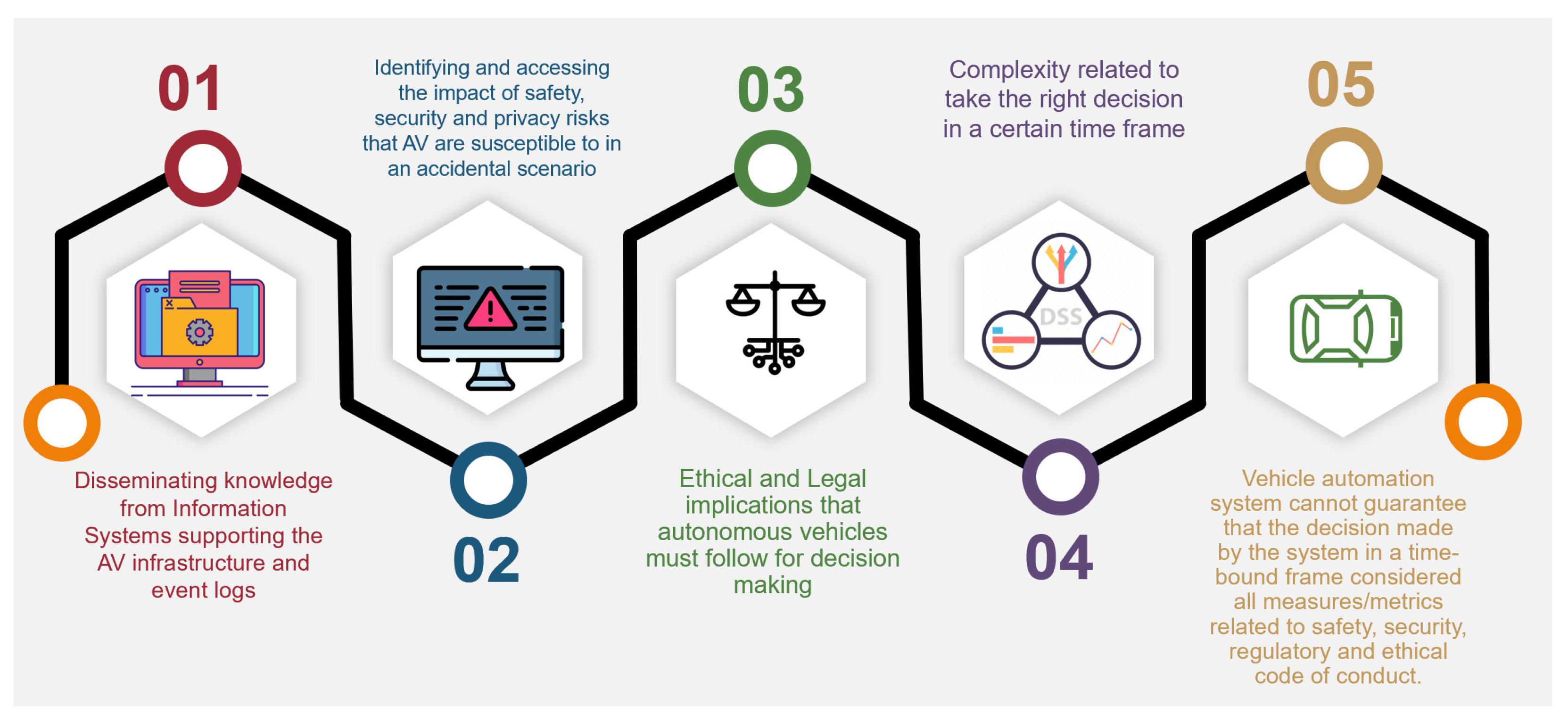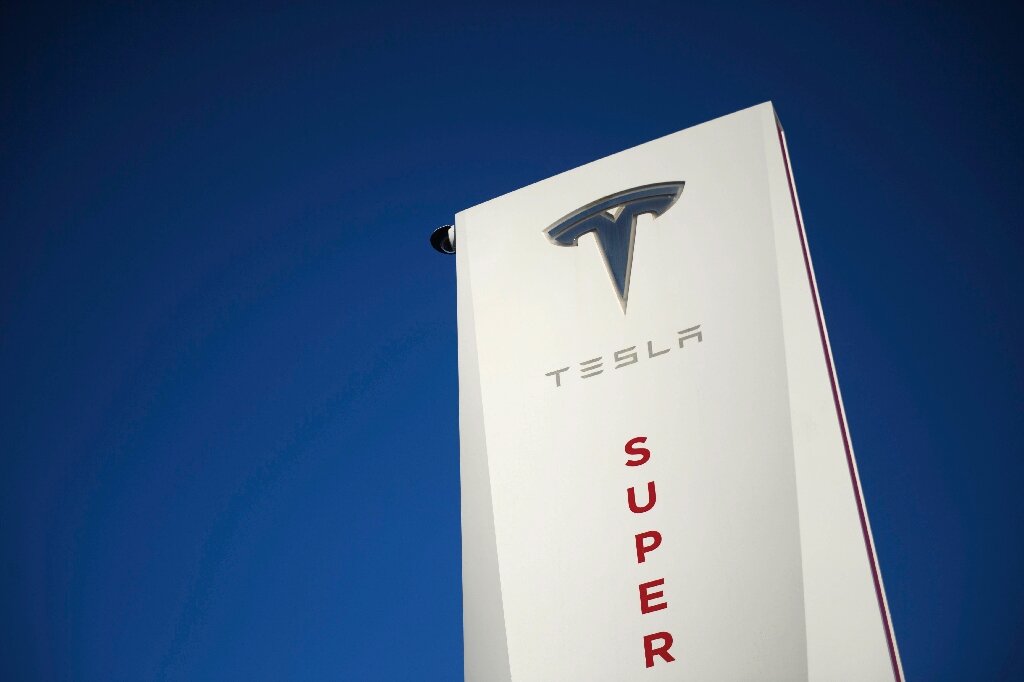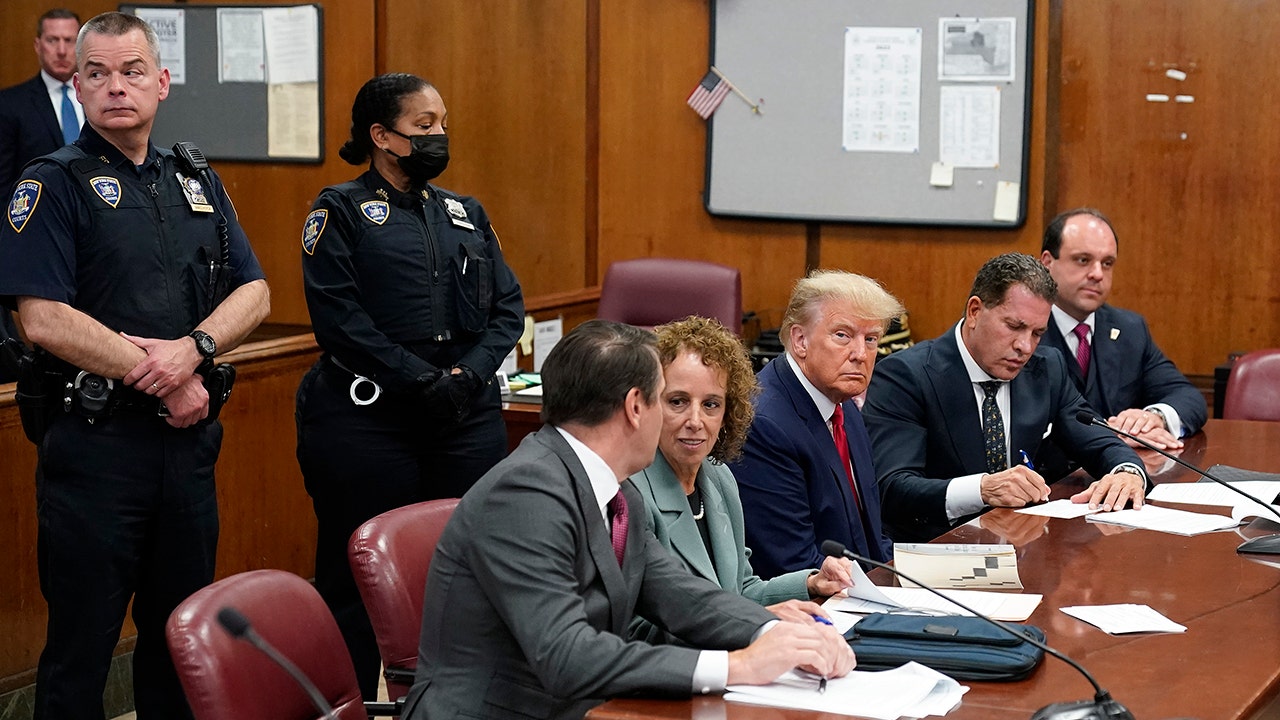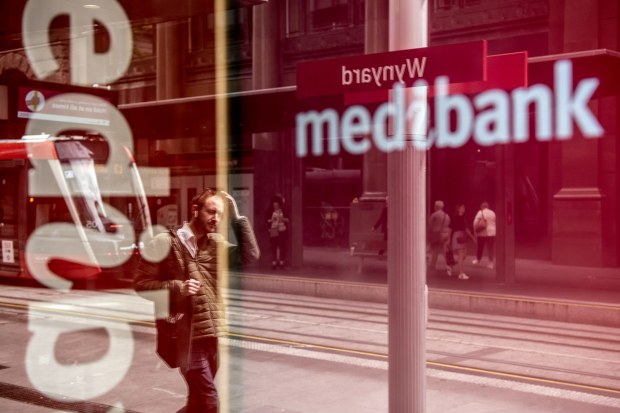The Zuckerberg-Trump Dynamic: Implications For Technology And Policy

Table of Contents
The Power Struggle: Facebook's Influence and Trump's Leverage
The inherent power imbalance between a tech giant like Facebook and a powerful political figure like Donald Trump is undeniable. Facebook, with its billions of users, possesses unparalleled influence over the flow of information globally. Trump, as president, wielded significant political leverage, using this platform to directly communicate with his base and shape public opinion. This dynamic created a situation ripe for manipulation and exploitation.
Trump leveraged Facebook for political communication, bypassing traditional media outlets and reaching his supporters directly. This direct access allowed him to control the narrative, disseminate his message without journalistic scrutiny, and potentially bypass fact-checking processes. Facebook's advertising policies, while designed to be inclusive, were also susceptible to exploitation by sophisticated political campaigns. The platform's vast reach made it a crucial tool for disseminating political advertising, both legitimate and misleading.
Facebook's role in shaping the information landscape, and its susceptibility to manipulation by political actors like Trump, remains a critical concern. The spread of misinformation and propaganda on Facebook during the Trump administration was significant, impacting public discourse and potentially influencing election outcomes. Furthermore, concerns about algorithmic bias, whereby algorithms might unintentionally or intentionally favor certain political viewpoints, remain a contentious topic.
- Trump's use of Facebook for direct communication bypassing traditional media. This allowed for rapid dissemination of information, often without fact-checking.
- Facebook's advertising policies and their impact on political campaigns. The platform's advertising policies allowed for micro-targeting of voters, increasing the potential for manipulation.
- The spread of misinformation and propaganda on Facebook during the Trump administration. Fake news and disinformation campaigns significantly impacted public perception.
- The potential for biased algorithms to favor certain political viewpoints. This raises concerns about fairness and the manipulation of public opinion.
Policy Debates Ignited: Regulation, Censorship, and Free Speech
The Zuckerberg-Trump dynamic ignited fierce policy debates surrounding Facebook's role in the 2016 and 2020 elections. These debates center around censorship, free speech limitations on social media, and the need for increased regulation of tech giants. The controversies are complex, involving balancing the need to protect free speech with the need to prevent the spread of harmful misinformation and foreign interference.
The Cambridge Analytica scandal, which revealed how user data was harvested and used to influence political campaigns, exposed critical vulnerabilities in Facebook's data privacy practices and highlighted the potential for malicious actors to exploit the platform. Debates surrounding Section 230 of the Communications Decency Act, which shields social media companies from liability for user-generated content, continue to be fiercely debated. The ongoing discussion regarding the role of social media platforms in democratic processes underscores the need for a nuanced approach to regulation.
- The Cambridge Analytica scandal and its implications for data privacy and political influence. This highlighted the vulnerability of personal data and the potential for its misuse.
- Debates surrounding Section 230 and its impact on social media companies' liability for content moderation. The debate involves balancing free speech with the responsibility for harmful content.
- The ongoing discussion regarding the role of social media platforms in democratic processes. This focuses on ensuring fair and transparent elections, free from manipulation.
- International comparisons of social media regulation and their effectiveness. Different countries have adopted varying approaches to regulating social media, offering valuable lessons.
The Future of Online Political Discourse
The Zuckerberg-Trump dynamic significantly impacts the future of online political discourse. Political actors are continuously adapting their strategies to leverage social media effectively, and the competition for online influence will likely intensify. The emergence of alternative social media platforms, and the development of new technologies for combating misinformation, are potential game-changers.
- The emergence of alternative social media platforms and their potential impact. These platforms may offer a different approach to content moderation and user experience.
- The development of new technologies for detecting and combating misinformation. AI and machine learning may play a crucial role in identifying and mitigating disinformation.
- The long-term implications of the Zuckerberg-Trump dynamic for the health of democracy. The impact on trust in institutions and the quality of public discourse remains to be seen.
- The role of media literacy in navigating the complex landscape of online information. Educating citizens to critically evaluate online information is crucial.
Long-Term Implications for Technology and Policy
The long-term consequences of the Zuckerberg-Trump dynamic on the regulatory landscape of technology companies are significant. The interaction between tech giants and political leaders will continue to shape future policies, likely leading to increased government oversight of social media platforms. Greater transparency and accountability from technology companies will be demanded, potentially affecting innovation and competitiveness. The future of online political advertising and its impact on elections will require careful consideration and regulation.
- The potential for increased government oversight of social media platforms. This could include stricter content moderation policies and increased data privacy regulations.
- The need for greater transparency and accountability from technology companies. This includes clearer explanations of algorithms and data usage practices.
- The evolution of online political campaigning and its impact on democratic processes. New technologies and strategies will continue to transform how campaigns are run.
- The need for improved media literacy education to empower citizens. Equipping citizens with critical thinking skills is crucial for navigating the complexities of online information.
Conclusion
The Zuckerberg-Trump dynamic has irrevocably altered the intersection of technology and policy. Understanding the power dynamics, the policy debates, and the long-term implications is crucial for navigating the complexities of the digital age. From the spread of misinformation to the regulation of social media, the consequences of this relationship are far-reaching. We need continued scrutiny of the relationship between tech giants and political leaders to ensure a healthy and informed democratic process. Further research into the Zuckerberg-Trump dynamic and its implications is essential to safeguarding the future of both technology and policy. The ongoing evolution of this dynamic requires continued vigilance and proactive measures to mitigate its potential negative impacts.

Featured Posts
-
 Tesla Faces Optimus Delays Due To Chinas Rare Earth Export Curbs
Apr 24, 2025
Tesla Faces Optimus Delays Due To Chinas Rare Earth Export Curbs
Apr 24, 2025 -
 Pandemic Fraud Lab Owner Pleads Guilty To Falsifying Covid Test Results
Apr 24, 2025
Pandemic Fraud Lab Owner Pleads Guilty To Falsifying Covid Test Results
Apr 24, 2025 -
 Millions Made From Office365 Hacks Inside The Executive Email Breach
Apr 24, 2025
Millions Made From Office365 Hacks Inside The Executive Email Breach
Apr 24, 2025 -
 Watch John Travolta Savor A Pulp Fiction Steak In Miami
Apr 24, 2025
Watch John Travolta Savor A Pulp Fiction Steak In Miami
Apr 24, 2025 -
 Bof A Says Dont Worry About Stretched Stock Market Valuations
Apr 24, 2025
Bof A Says Dont Worry About Stretched Stock Market Valuations
Apr 24, 2025
